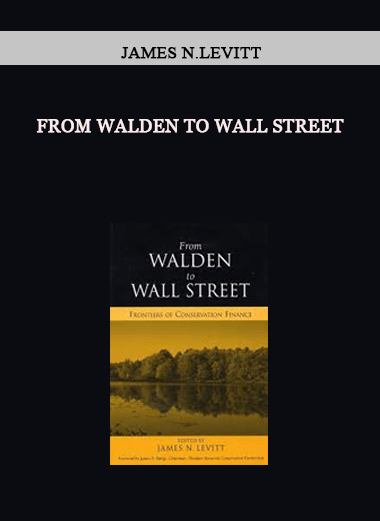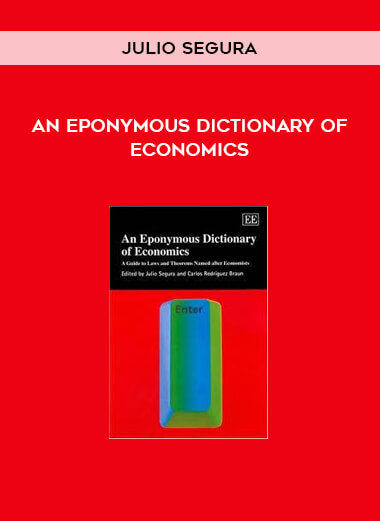Courses Infomation
From Walden to Wall Street by James N.Levitt

From Walden to Wall Street by James N.Levitt
In the absence of innovation in the field of conservation finance, a daunting funding gap faces conservationists aiming to protect America’s system of landscapes that provide sustainable resources, water, wildlife habitat, and recreational amenities. Experts estimate that the average annual funding gap will be between $1.9 billion and $7.7 billion over the next forty years. Can the conservation community come up with new methods for financing that will fill this enormous gap? Which human and financial resources will allow us to fund critical land conservation needs?
From Walden to Wall Street brings together the experience of more than a dozen pioneering conservation finance practitioners to address these crucial issues. Contributors present groundbreaking ideas including mainstreaming environmental markets; government ballot measures for land conservations; convertible tax-exempt financing; and private equity markets.
The creativity and insight of From Walden to Wall Street offers considerable hope that, even in this era of widespread financial constraints, the American conservation community’s financial resources may potentially grow dramatically in both quantity and quality in the decades to come.
Salepage : From Walden to Wall Street by James N.Levitt
About Author
Jim Levitt
Jim Levitt is the director of the International Land Conservation Network (ILCN) at the Lincoln Institute. The ILCN, which Levitt cofounded in 2014, now has partnerships with leading civic sector (NGO) and private land conservation organizations on six continents, including organizations based in nations as far-flung as Australia, Canada, Chile, China, Italy, Kenya, Mexico, New Zealand, Spain and Romania. The mission of the ILCN is to connect organizations around the world that are accelerating voluntary private and civic sector action to protect and steward land and water resources.
Levitt focuses on landmark innovations in the field of land and biodiversity conservation — both present-day and historic– that are characterized by five traits: novelty and creativity in conception; strategic significance; measurable effectiveness; cross-jurisdictional transferability; and the ability to endure. Levitt has written and edited dozens of articles and four books on land and biodiversity conservation. He has lectured widely on the topic in venues ranging from Santiago, Chile, to Stockholm, Sweden.
Levitt is also a fellow at the Harvard Forest, Harvard University, in Petersham, Massachusetts and serves as a senior fellow at Highstead, a Connecticut-based nonprofit organization advancing land conservation in New England. Levitt is a graduate of Yale College and the Yale School of Management (Yale SOM). He is a member of the first cohort of Donaldson Fellows honored by Yale SOM for career achievements that “exemplify the mission of the School.































Reviews
There are no reviews yet.